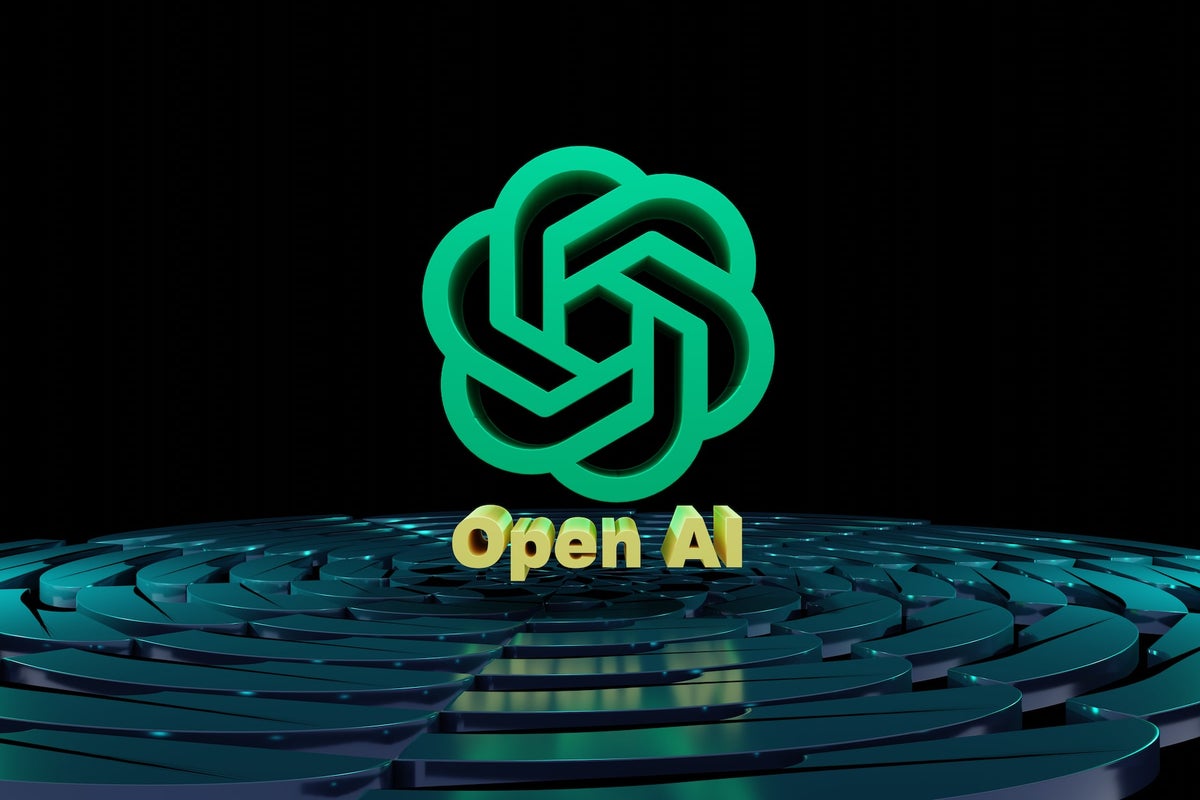OpenAI unveiled on Tuesday its latest iteration of the primary large language model, GPT-4.
“We’ve created GPT-4, the latest milestone in OpenAI’s effort in scaling up deep learning. GPT-4 is a large multimodal model (accepting image and text inputs, emitting text outputs) that, while less capable than humans in many real-world scenarios, exhibits human-level performance on various professional and academic benchmarks,” the company, an American artificial intelligence research laboratory, announced.
See Also: Elon Musk Co-Founded OpenAI, But Now He Says ChatGPT Parent ‘Not What I Intended At All’
The organization said that over the past two years, OpenAI had been focused on rebuilding its entire deep learning stack, which allowed it to co-design a supercomputer with Microsoft Corp MSFT‘s Azure that is tailored to a specific workload.
Moreover, the latest large language model has reportedly passed a simulated bar exam with a score ranking in the top 10% of test takers. In contrast, the previous version, GPT-3.5, scored in the bottom 10%.
OpenAI said it spent six months iteratively aligning GPT-4, utilizing lessons learned from its adversarial testing program and ChatGPT to produce its “best-ever results.”
While the difference between the two models may be subtle in casual conversation, it becomes evident when the complexity of the task reaches a sufficient threshold: according to OpenAI, GPT-4 is “more reliable, creative, and able to handle much more nuanced instructions than its predecessor.”
Also, the new model is expected to generate fewer factually inaccurate responses and deviate less often into taboo subjects during conversations.
Nevertheless, OpenAI has cautioned that its new GPT-4 still falls short of human capabilities in many scenarios. In particular, the software struggles with what the company refers to as “hallucination,” or generating made-up information, and it remains unreliable in terms of factual accuracy.
Additionally, OpenAI noted the software is still prone to asserting the correctness of its responses even when they are incorrect.
“Great care should be taken when using language model outputs, particularly in high-stakes contexts, with the exact protocol (such as human review, grounding with additional context, or avoiding high-stakes uses altogether) matching the needs of a specific use-case,” the organization said in a blog post.
ChatGPT subscribers can access the latest model through a paid membership. The company will provide access to the model via an API, which will allow developers to incorporate the AI technology into their applications.
The pricing structure for the usage of the model has also been disclosed, with OpenAI charging roughly 3 cents for 750 words of prompts and approximately 6 cents for 750 words in response.
Read Next: OpenAI CEO Sam Altman Funds Longevity Startup With Goal To Increase Human Lifespan By 10 Years
Photo by BoliviaInteligente via Unsplash
Image and article originally from www.benzinga.com. Read the original article here.

